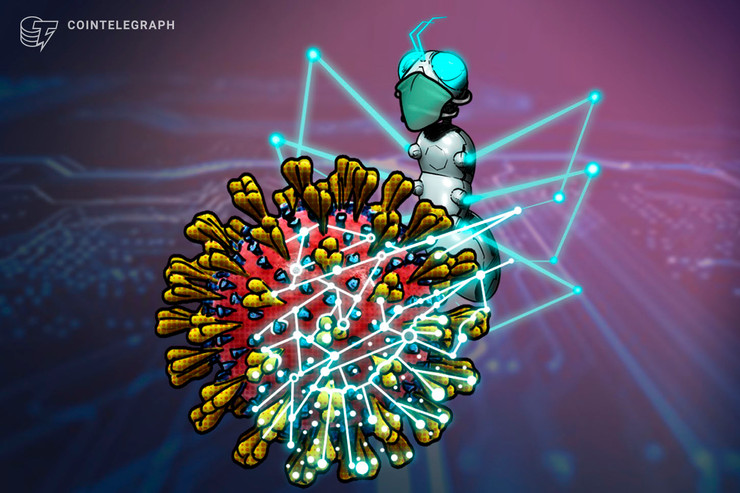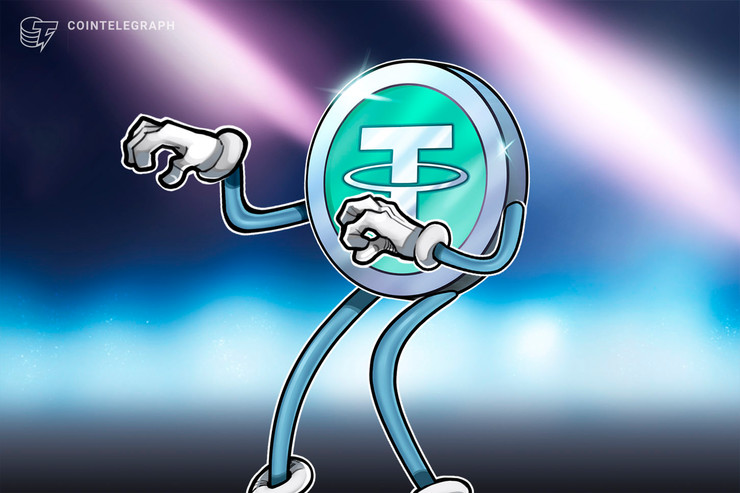
A company says its blockchain network offers the world’s largest block size of 5 gigabytes, having been certified by Palo Alto Networks Partner.
The verification of this block size followed successful testing on a live blockchain network. ILCoin notes this was made possible thanks to the routing in fat trees protocol, known as RIFT, which enabled the block size to increase without having a negative impact on transaction speeds.
Crypto enthusiasts are also being given the opportunity to verify the 5 GB block for themselves via the ILCoin Block Explorer, under number 310280.
At a time when major blockchains like Bitcoin have suffered substantial delays confirming transactions, with heightened demand affecting volatility, ILCoin notes its infrastructure is becoming increasingly vital. Many blockchain platforms have openly acknowledged that scalability is one of the biggest challenges they face, especially as cryptocurrencies gain greater awareness in the public sphere.
Discussing ILCoin’s achievement, its executive manager, Norbert Goffa, said: “RIFT protocol disrupts the very concept of blockchain, mainly with the idea that simultaneous asynchronization is, in fact, technically possible. With RIFT, we are able to solve both the FIFO and the bottleneck problems and manage large blocks at unprecedented speed.”
How the RIFT protocol worksAccording to ILCoin, the RIFT protocol has been specifically designed to tackle scalability problems that have hindered the industry’s progress for some years.
RIFT boasts a two-layer structure, and irrespective of their size and their order in the chain, blocks are synchronized simultaneously. The company says this prevents bottlenecks from forming in the system during peak periods and enhances overall transaction speeds. It claims 5 GB blocks can operate at speeds of hundreds of thousands of transactions per second, paving the way for “safe and efficient” on-chain storage.
MORE INSIGHTS FROM ILCOIN HEREThe benefits of this protocol also extend beyond time, since it could ultimately make transactions far less expensive for consumers in the long run.
Goffa has written extensively about the advantages of the RIFT protocol, describing it as “the beginning of an entirely new blockchain approach” that eliminates the limitations suffered by industry giants, including Ethereum.
The power of on-chain storageILCoin says that the modernization of data storage is badly needed, as current solutions often leave businesses underserved.
According to the company, its solution means large volumes of data can be stored securely and without the risk of critical information being manipulated or changed without the network owner’s consent. This is particularly beneficial for data of a sensitive nature, creating an environment that’s free of corruption, theft and other unlawful activities.
Explaining how ILCoin’s approach is different from the countless other enterprise solutions currently under development, Goffa wrote: “Today’s environment is quite interesting because, even though the whole world is talking about decentralization, large companies that focus on blockchain development are still building off-chain solutions that will continue to result in centralized data storage.”
Goffa believes that, thanks to the RIFT protocol, it will be possible to establish a digital financial network that offers “the lowest transaction fees currently available in the world on an on-chain basis.”
Main focusThe company’s main focus is the Decentralized Cloud Blockchain, otherwise known as DCB for short. This on-chain solution allows data storage and data exchange to be realized on a transparent basis, “forming a transparent unity of ownership and permanence.” ILCoin will serve as the “stable, safe and widely accepted payment method” that underpins this infrastructure.
Exciting milestones that stretch into other sectors are set to follow later this year. In June, ILCoin is hoping to launch the world’s first blockchain-based virtual reality game, and by December, following extensive testing, the company has the ambition of allowing users to build their very own smart contract systems.
Source:
https://cointelegraph.com/news/blockchain-project-says-5-gb-block-size-will-eliminate-congestion-issue



 Latest news:
Latest news: 





 Shop
Shop
 Bidding Open
Bidding Open












